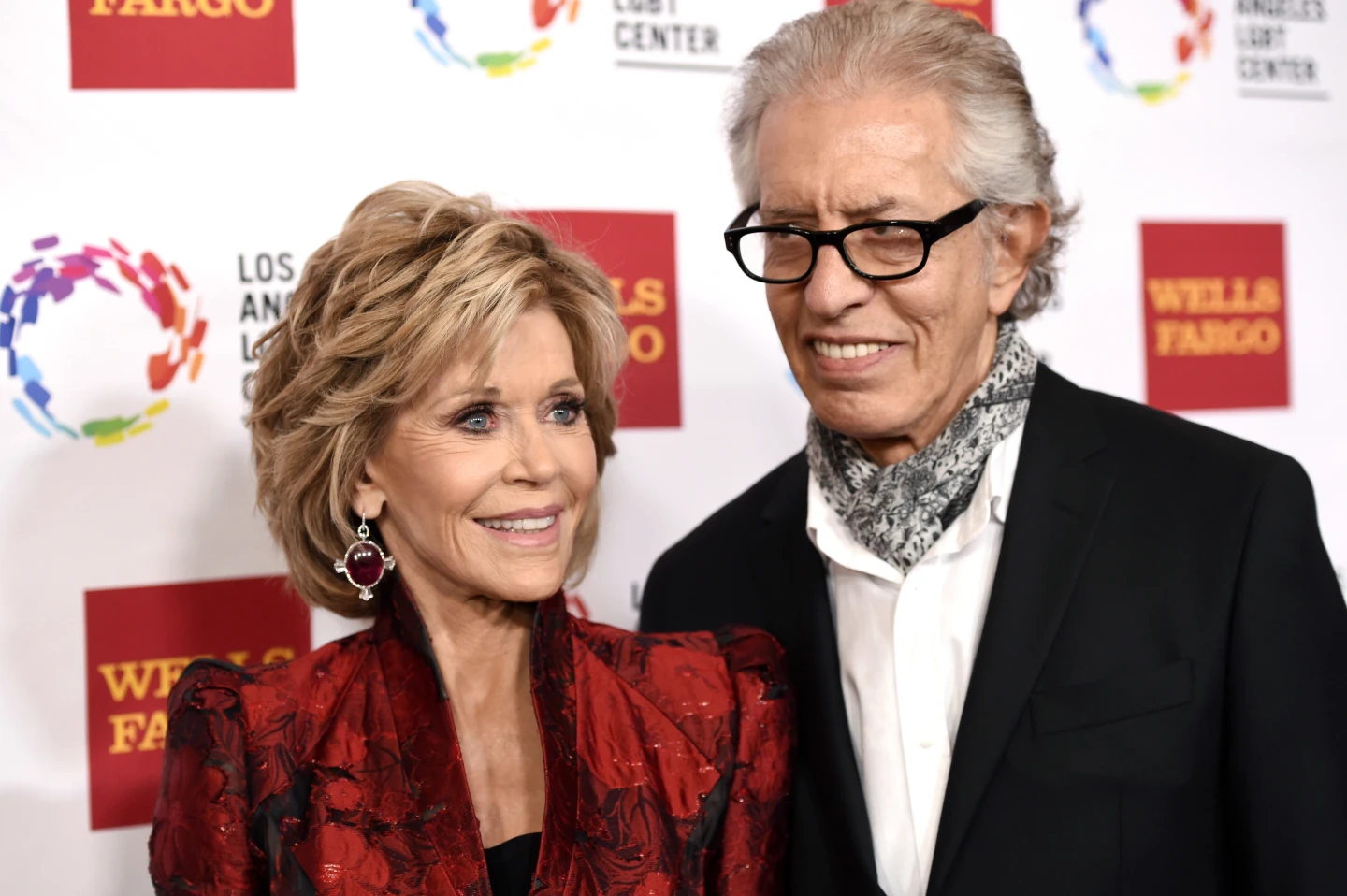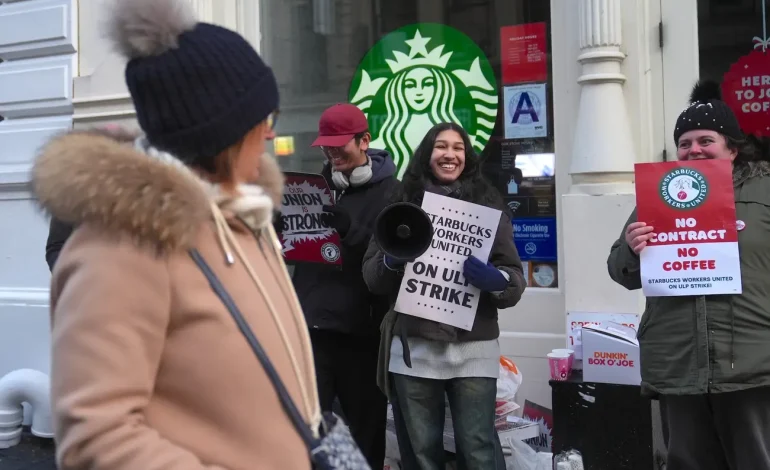A five-day strike by Starbucks baristas will expand to more than 300 locations nationwide on Christmas Eve, the union representing the workers announced.
The work stoppage, which began on Friday, is the largest strike yet against the coffee giant, temporarily shuttering dozens of stores during one of the busiest shopping seasons.
Starbucks Workers United, the union representing over 11,000 employees at 535 stores, stated that the strike aims to address unresolved issues such as fair wages, collective bargaining, and labor practices. The union claims Starbucks has not presented an adequate economic proposal during negotiations.
Lynne Fox, president of Workers United, said:
“Union baristas know their value, and they’re not going to accept a proposal that doesn’t treat them as true partners.”
Striking workers will reportedly affect new locations in cities such as Atlanta, Buffalo, and others yet to be announced. Strikes have already disrupted operations in cities including Los Angeles, Chicago, Seattle, Denver, and Boston. Baristas are expected to return to work on Christmas Day or shortly thereafter.
A Starbucks spokesperson emphasized the company’s commitment to employee well-being, highlighting a pay package averaging over $18 an hour and benefits including healthcare, free college tuition, and paid family leave. The company criticized the union for ending recent bargaining sessions prematurely, stating:
“We are ready to continue negotiations to reach agreements.”
Starbucks maintains that the overwhelming majority of its stores remain open despite the strike.
The unionization movement at Starbucks began in late 2021 and quickly gained momentum, with about 5% of the company’s US locations now represented by unions. Initial negotiations in early 2024 appeared promising, with agreements to improve pay and address labor law violations. However, recent developments have stalled progress, with the union accusing Starbucks of reneging on prior commitments.
Baristas participating in the strike argue that proposed annual wage increases of 1.5% fall far short of what is needed to meet the rising cost of living.
With input from the Washington Post, the New York Times, and Business Insider.









